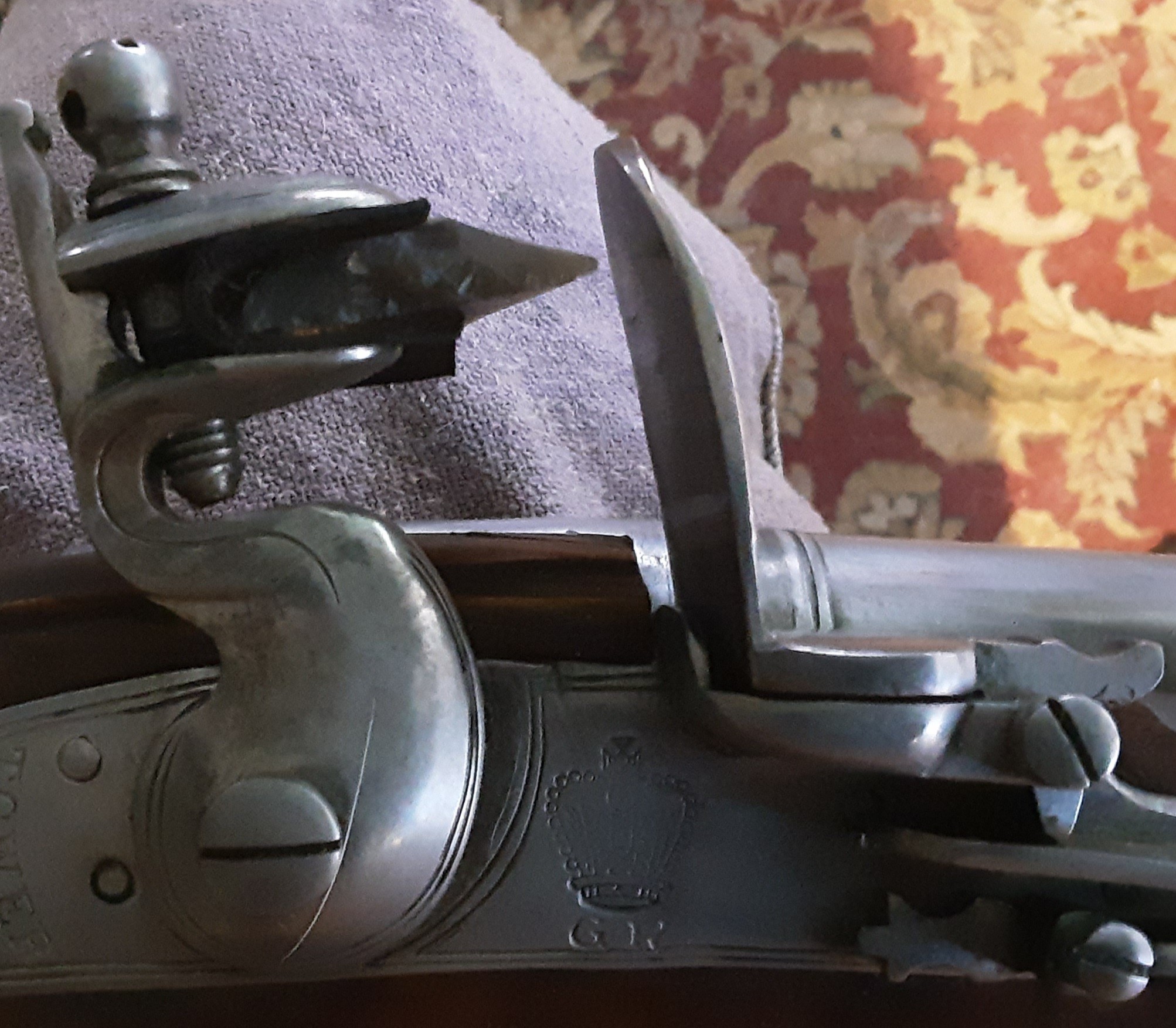Master Blaster
40 Cal
- Joined
- Dec 12, 2016
- Messages
- 143
- Reaction score
- 276
"If a flint hammer doesn't hold a flint tightly , cause is usually a poorly cut screwdriver slot. Too narrow , or too shallow or both. Use thin leather , tighten the screw very tight."
I have found pigskin to work well. It's thin and doesn't allow the flint to "squirm" in the jaws like the thick leather, which probably cushions the strike.

I have found pigskin to work well. It's thin and doesn't allow the flint to "squirm" in the jaws like the thick leather, which probably cushions the strike.






